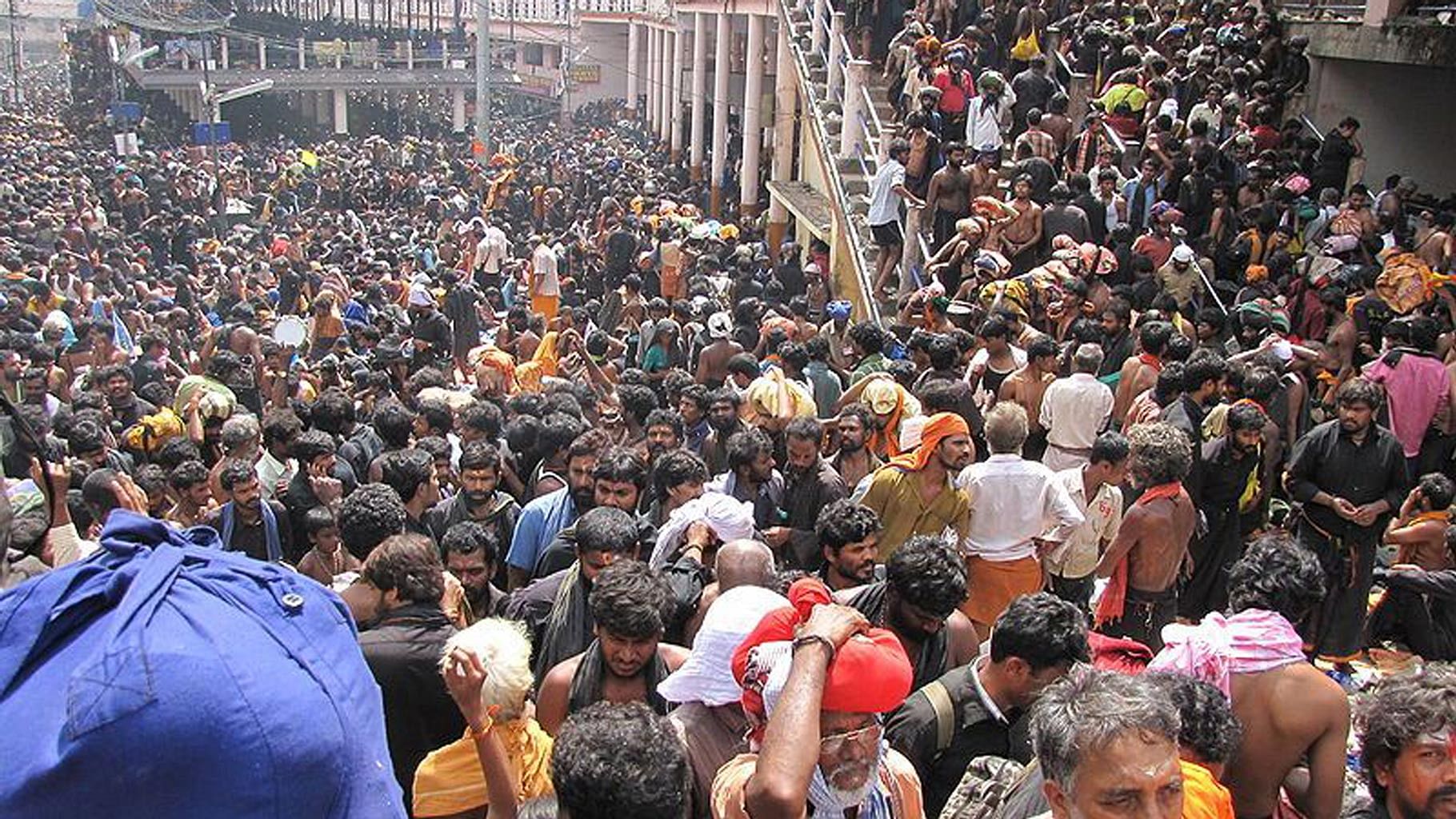QRant: Gatekeepers of the Divine, Shed Your Gender Biases
With their discriminatory stand on women’s entry, religious institutions have displayed obscurantism and prejudice.

Shani Shingnapur and Haji Ali Dargah in Maharashtra, Sabarimala in Kerala, the Kamakhya temple in Assam are all places of worship that have lakhs of devotees thronging them every year. Some of them are also pretty wealthy from devotees’ donations. And they have another thing in common. They blatantly and openly discriminate against women.
Some have a problem because women menstruate (duh), and apparently, that makes them impure. Others just think women, per se, shouldn’t be allowed into the inner sanctum of temples.
Understandbly, women want their right to worship with their family, society and community. The idea that your god, saint and priests think you are less than your fathers, brothers and friends can’t be an easy one to digest. And it shouldn’t be.
And it isn’t just women. Historically, many temples have barred Dalits and OBCs as well. Movements fighting for temple entry have been in full swing since, at least, the early 20th century.
That’s 100 years! 100 years and some of our places of worship still can’t grasp the most basic ideas of equality and dignity.
So what can be done?
Should women accept the ‘divine will’ of the administrators of religious institutions? Or is it time to say goodbye? After all, that’s what BR Ambedkar did.
In 1936, Ambedkar decided that the oppression Dalits faced had gone on long enough and the time had come to simply exit the religion. At Nashik, he led a mass conversion of Dalits to Buddhism.
Now, this is an extreme step which most people may not want to take. After all, temples and dargahs are a part of one’s culture, family and lives. Pilgrimages give meaning to people. So boycotting a temple may be too difficult, or too much.
But if the gatekeepers of the divine keep holding on their prejudice, they may not give people much choice.
(At The Quint, we are answerable only to our audience. Play an active role in shaping our journalism by becoming a member. Because the truth is worth it.)